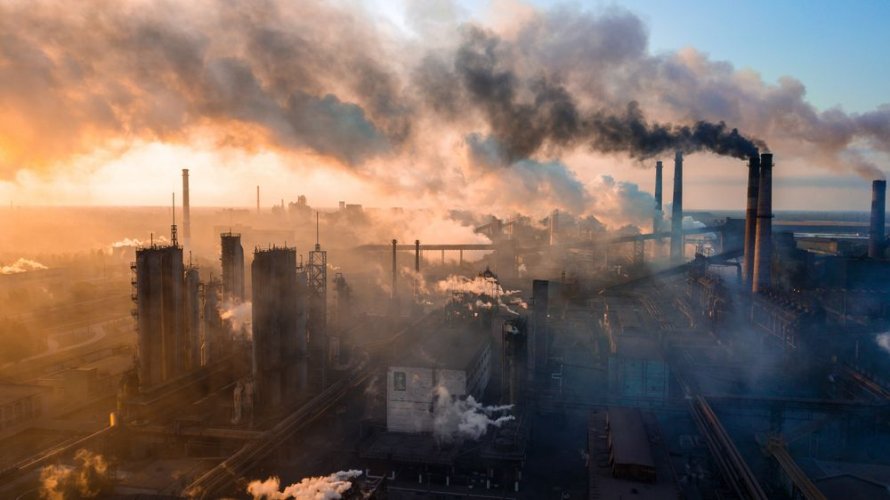In Indonesia, a preliminary evaluation of the implementation of the European carbon border adjustment mechanism was conducted (CBAM) that may affect trading ferrous metallurgy .
Thanks to CBAM, Indonesia will receive additional costs of approximately 8-16%, based on the calculation of steel exports to Europe in 2021, reports Kedai Pena.
CBAM is planned to be implemented in the EU in 2026. The mechanism is designed to encourage all countries to actively participate in efforts to reduce carbon emissions.
"This discussion is a way to address this policy by listening to different parties. The way we respond can be adaptive, following the mechanisms in place, or responsive, such as objections. Or it can be proactive by taking countermeasures to implement European Union policies to implement of this European green agreement," said the head of the Trade Policy Agency (BKPerdag) of the Ministry of Trade, Kasan.
He added that it is necessary to monitor the impact felt by business entities that produce steel and other affected products.
"Indonesian steel exports to the European Union may not be too large. But it is also necessary to foresee the further consequences of the implementation of this policy," he explained.
Kasan also emphasized that existing geopolitical conditions, in particular the energy crisis, could "change the direction" of zero-emissions policies.
"But, in my opinion, this is only a short-term turnaround. Later we will return to zero emissions," he concluded.
Earlier, EcoPolitic wrote, that the CEO of the European Steel Association (EUROFER) Axel Eggert said that for a successful transition to green steel further work is needed to align the current ETS and CBAM documents with industry's climate ambitions.
As EcoPolitic previously reported, the Council of Europe adopted its negotiating positions (general approaches) on important legislative proposals of the Fit for 55 package, in particular on the emissions trading system and the creation of a social climate fund.





